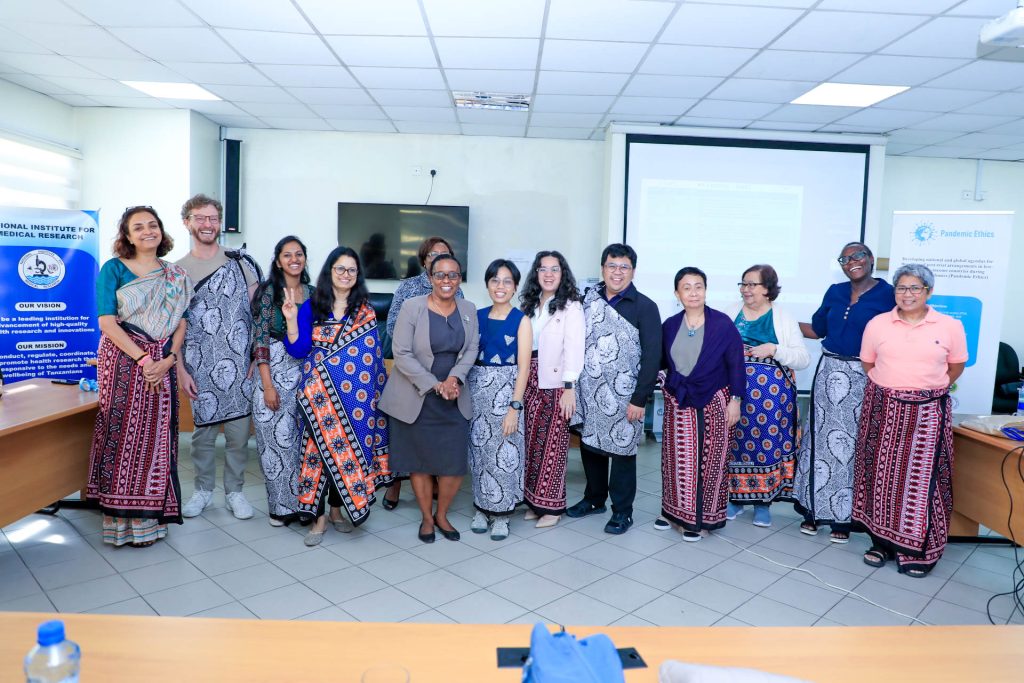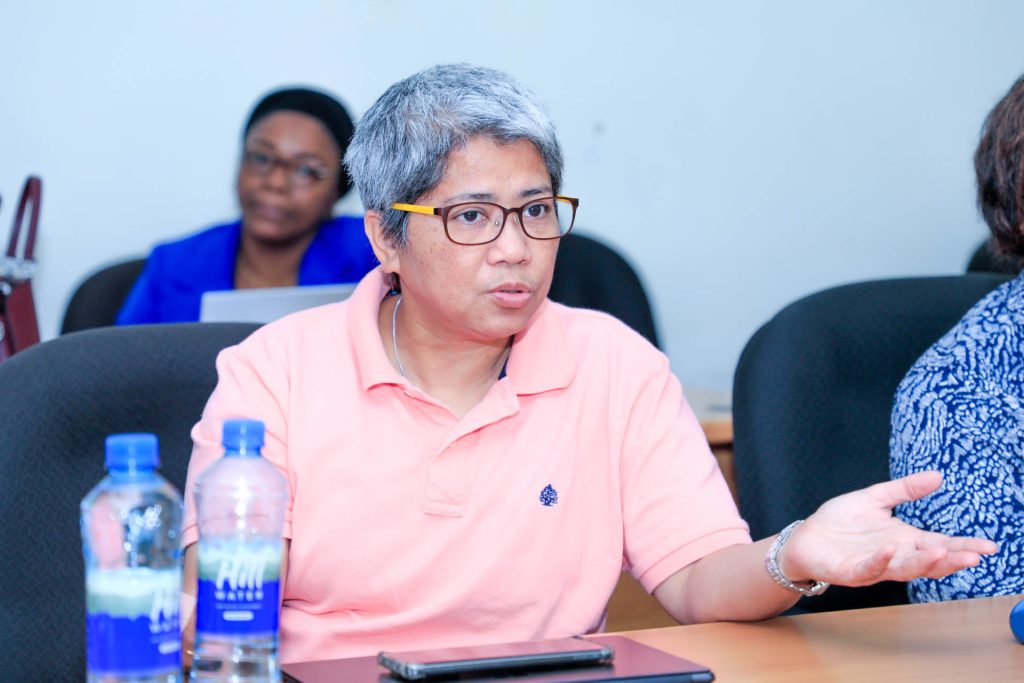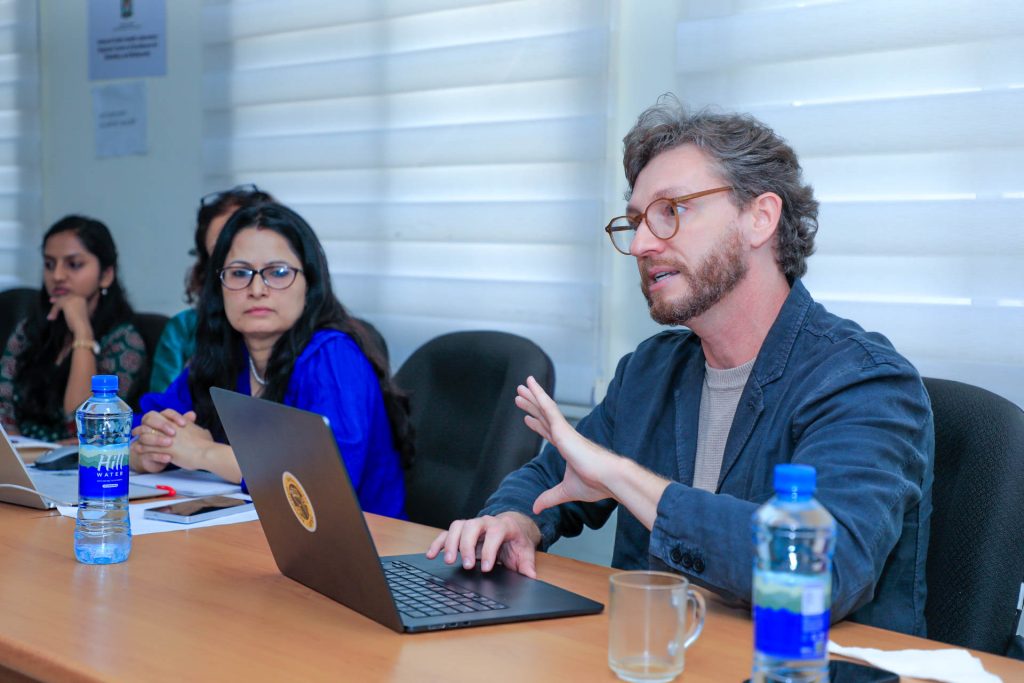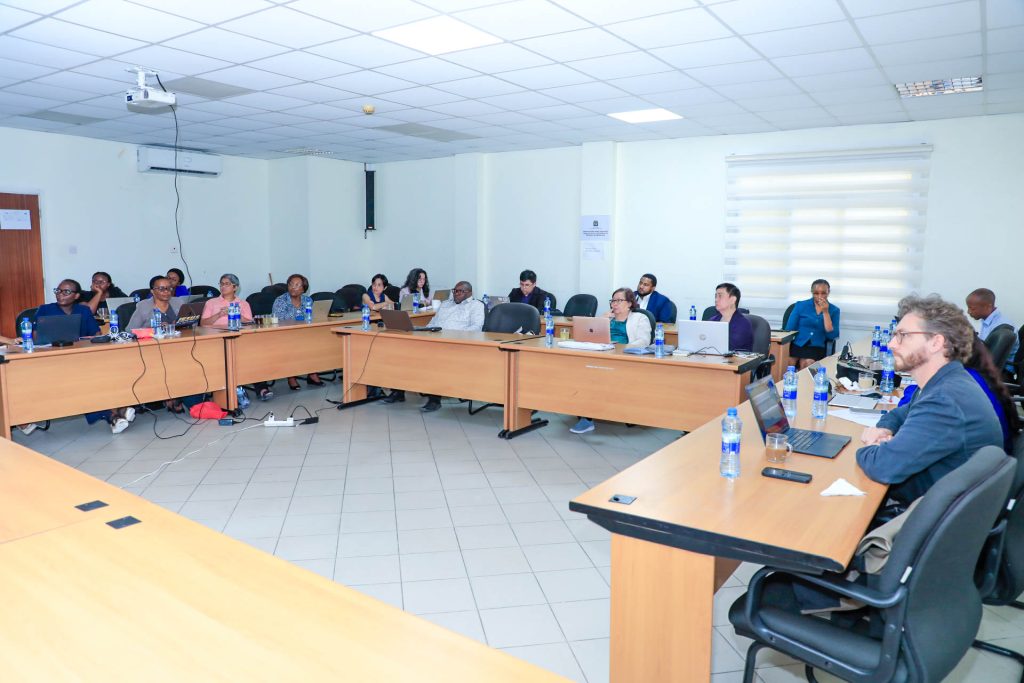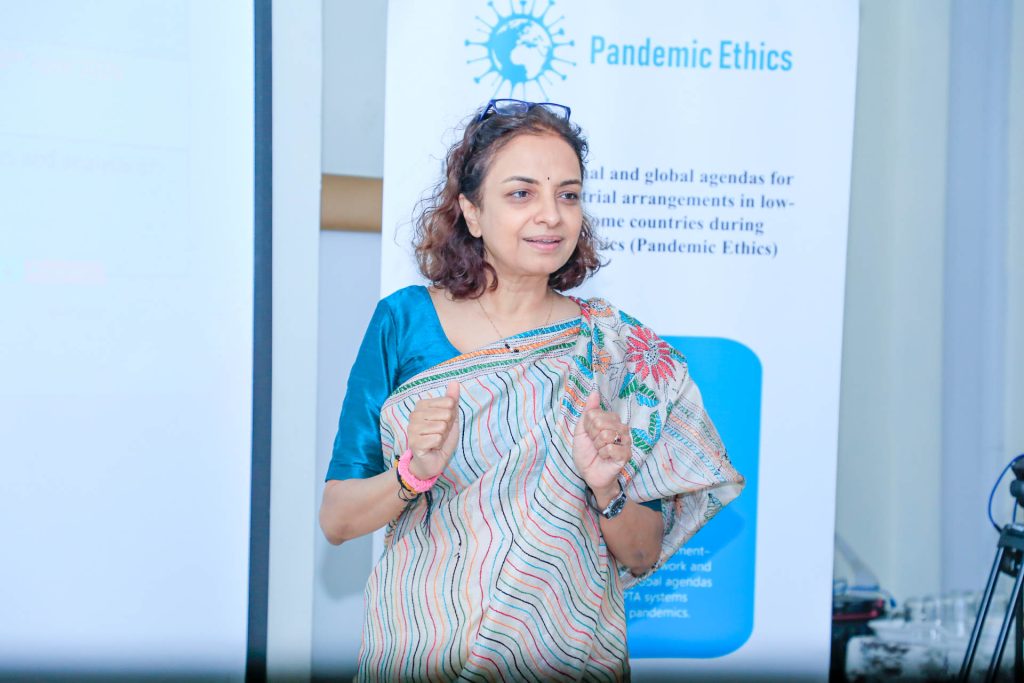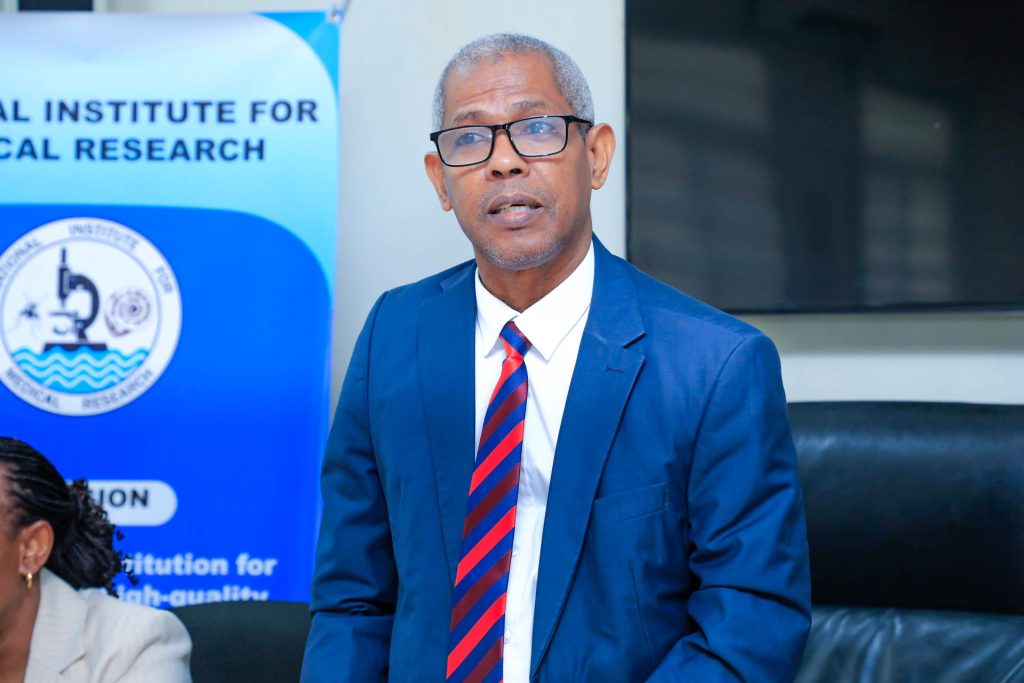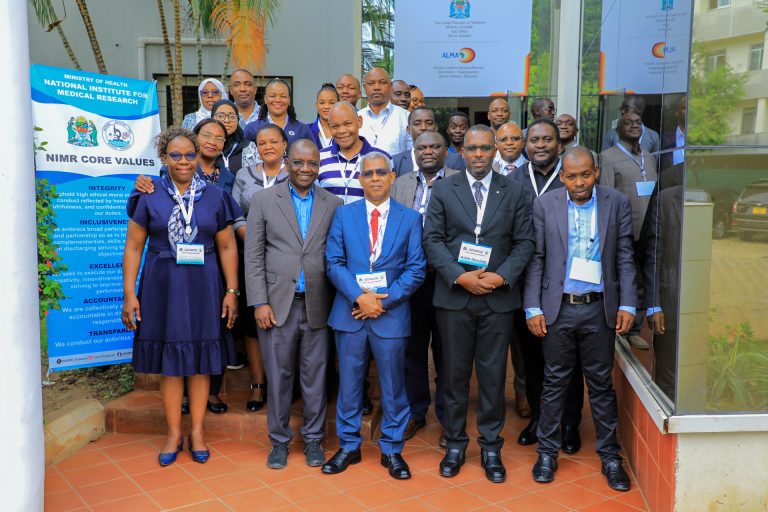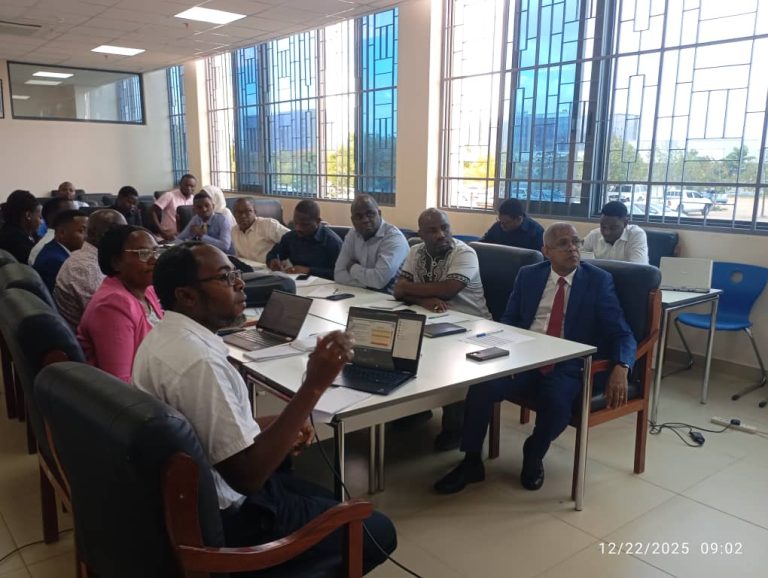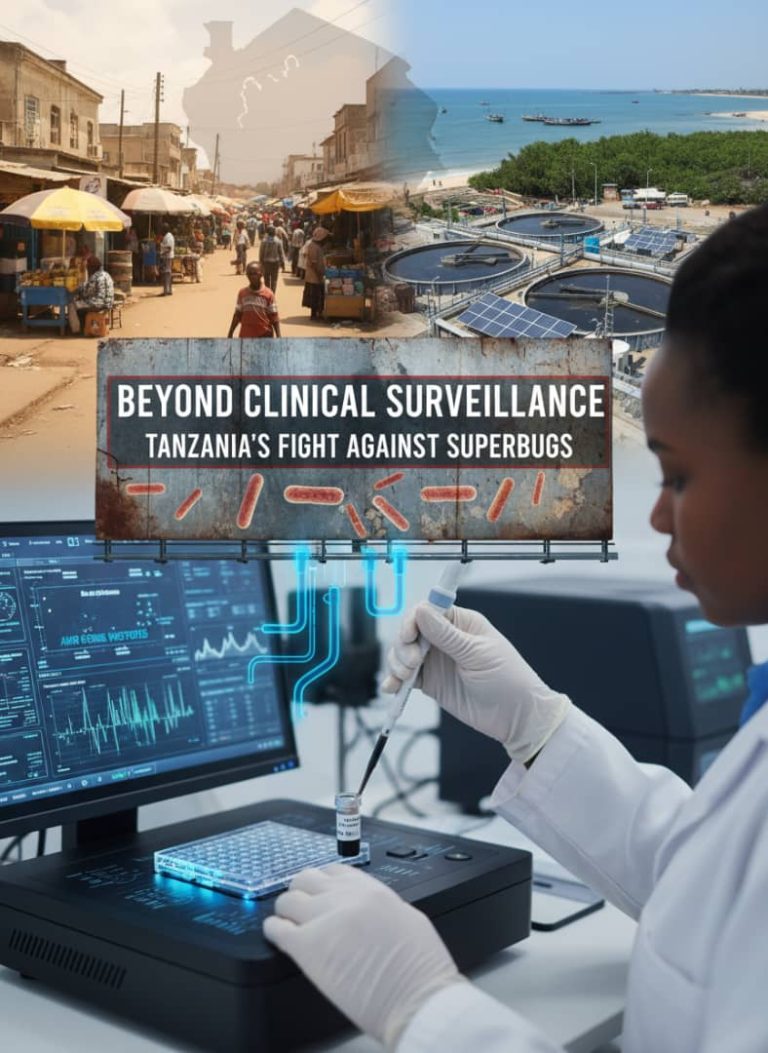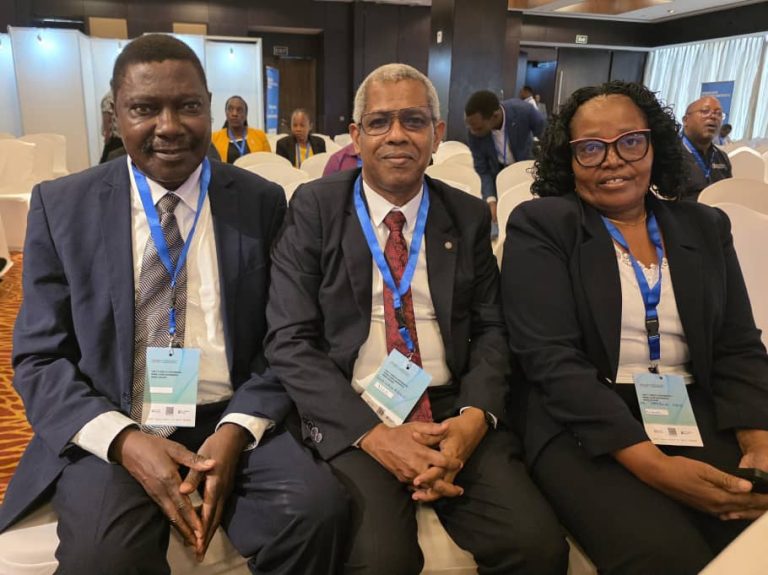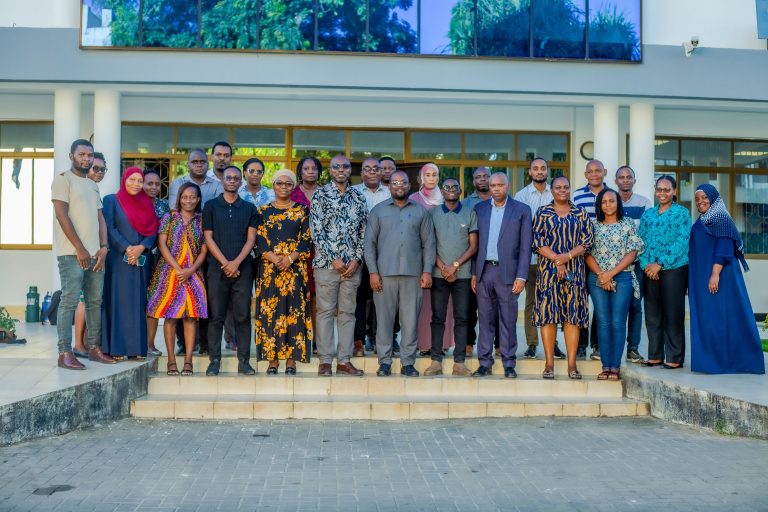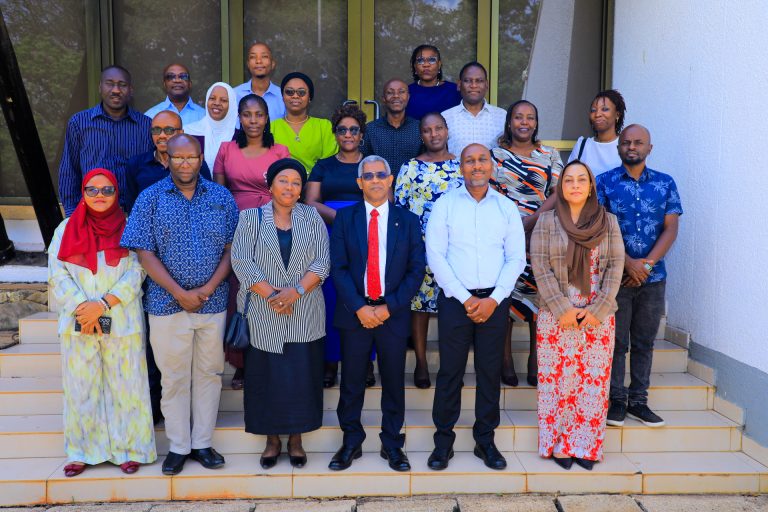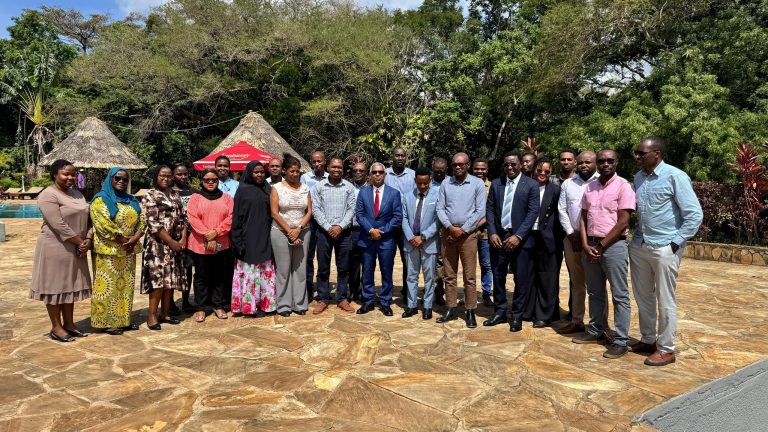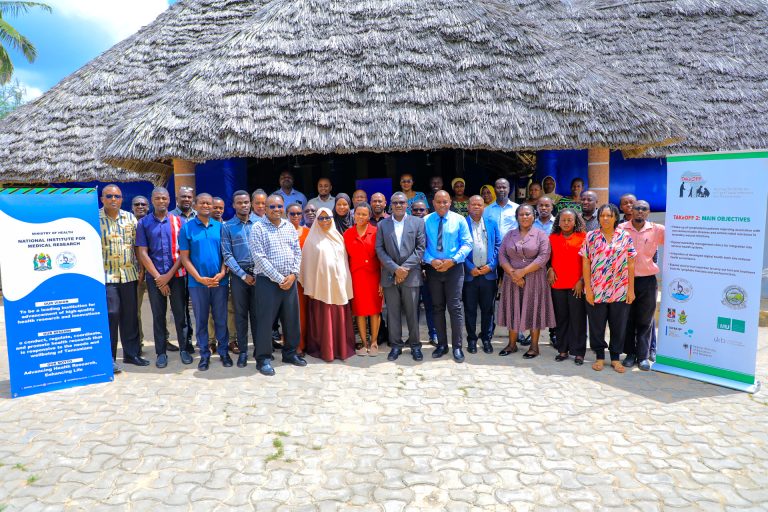The National Institute for Medical Research (NIMR), in partnership with the University of Oslo, hosted a high-level Pandemic Ethics General Assembly today 30th July 2025, at its Sub Office in Dar es Salaam. The assembly convened leading researchers and bioethics experts from Norway, Brazil, India, Nepal, Kenya, and the Philippines to deliberate on ethical obligations in health research during pandemics and epidemics, with a special focus on low- and middle-income countries (LMICs).
This significant gathering is part of an international collaborative study titled “Developing National and Global Agendas for the Ethics of Post-Trial Arrangements in LMICs during Pandemics and Epidemics.” The project aims to strengthen ethical frameworks and policies that guide post-trial obligations, ensuring that research outcomes serve participants and communities equitably.
Opening the event, NIMR Director General Prof. Said Aboud underscored the critical need for ethical preparedness in the face of future health emergencies.
“This assembly is not just a meeting; it is a declaration of our shared commitment to ethical leadership in health research,” Prof. Aboud said. “Pandemics challenge systems, but they also reveal where justice and accountability must be reinforced. We are proud to contribute to shaping global and national agenda that prioritize fairness in clinical research.”
The event highlights NIMR’s role as a continental leader in research ethics, both as a regulator and convener. The Institute continues to serve as a model for responsible research conduct, offering guidance and oversight for clinical trials in Tanzania and beyond.
Ms. Sia Malekia, the Principal Investigator of the project at NIMR, described the three-day assembly as a timely platform for mutual learning and reflection. She noted that all seven participating countries presented their progress and experiences across several work packages, with a shared emphasis on justice in Post-Trial Arrangements (PTA).
“Despite the diversity of our legal and health systems, PTA remains a universal ethical concern,” said Ms. Malekia. “This study helps us to better understand how laws and policies can be aligned with ethical principles to protect research participants, especially in resource-limited settings.”
Representing the University of Oslo, Prof. Rosemaria La Cruiz Bernabe commended NIMR’s leadership and credibility in health research ethics. She said they chose to collaborate with NIMR because it is more than just a research institution.
“NIMR serves as both an oversight and convening body. It plays a critical role in providing ethical oversight, especially in clinical trials. In Tanzania, there is no other institution with stronger expertise and leadership in research ethics than NIMR,” she said.
The assembly also fostered rich cross-cultural dialogue, enabling participants to engage with Tanzania’s research landscape and cultural heritage. In closing, Prof. Aboud encouraged the international guests to experience the warmth and beauty of the country beyond the conference room.
This assembly reaffirms NIMR’s continued dedication to shaping an equitable and ethical future for global health research. Through platforms like this, the Institute not only contributes to global policy but also strengthens national capacity for ethical preparedness in health emergencies.

